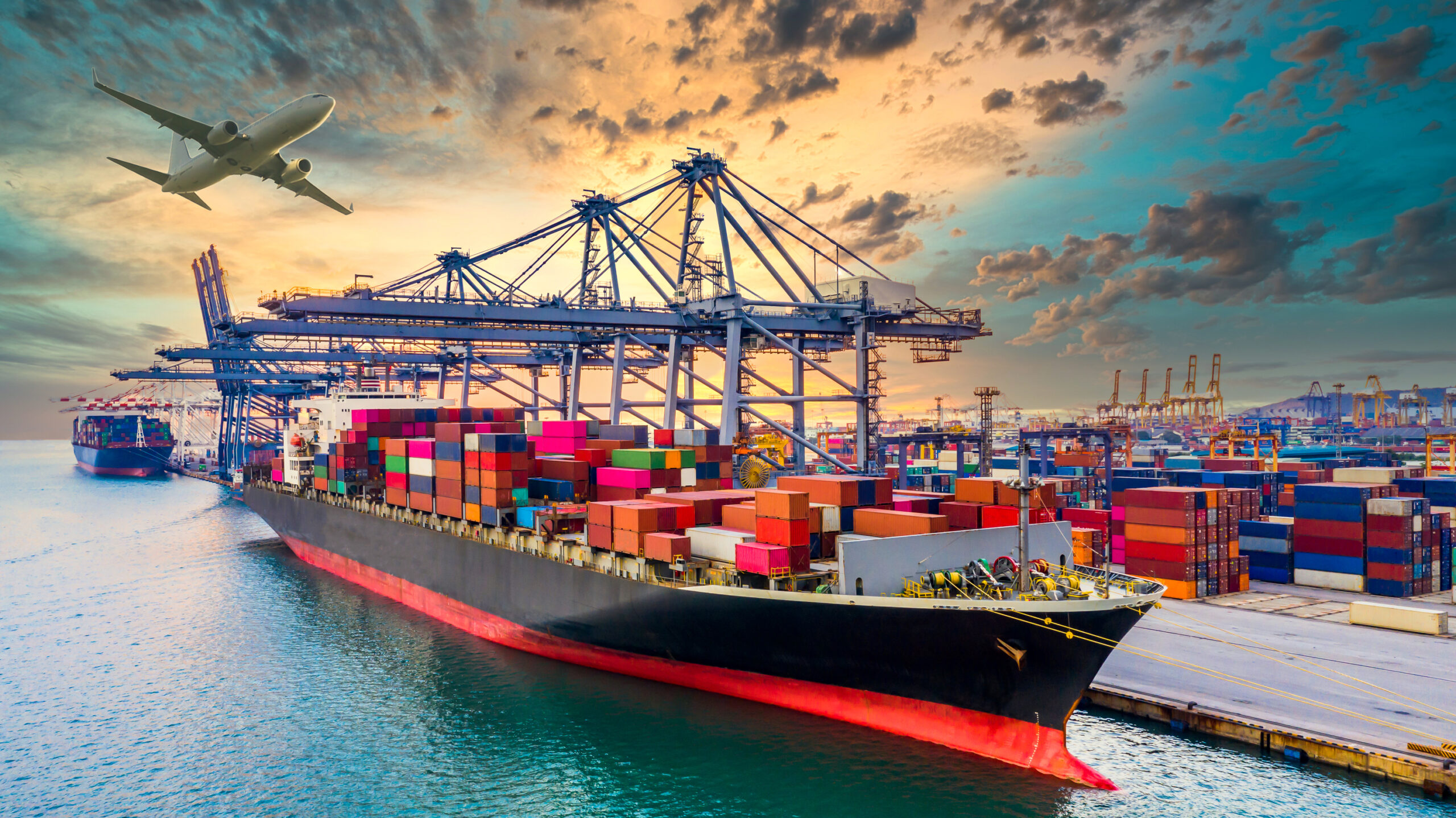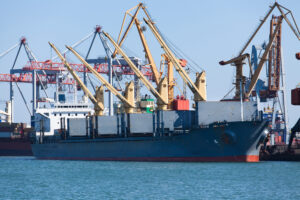US president-elect Donald Trump who will be inaugurated on January 20 denied a media report that outlines how his top aides are considering narrowing his tariff plan that would only apply to specific critical imports.
In an article the newspaper reported that the president-elect was considering scaling back his plan to apply tariffs to all imports and to impose them only on certain sectors – a significant shift from his plans during the 2024 presidential campaign.
As it is reported, Trump’s aides were discussing applying tariffs on certain critical sectors and targeting the list of items to those where there are national or economic security concerns, the story said, citing three familiar sources with the matter.
Trump said the story quoting so-called anonymous sources, which don’t exist, incorrectly states that his tariff policy will be pared back. “That is wrong” he said and characterised the story as “another example of fake news.”
It looks like Trump took umbrage with the article’s description that the move would pare back his campaign pledge.
Analysts say Trump’s threat of whopping tariffs are key tactics in a negotiating strategy to extract the best trade terms for the U.S.
Trump promised massive hikes in tariffs on goods coming from Mexico, Canada and China starting on the first day of his administration.
The move, Trump said, will be in retaliation for illegal immigration and drugs coming across the border.
Similarly, Trump said that China will face an additional 10% tariff on its goods above any additional tariffs, on all of their many products coming into the United States of America, until it prevents the flow of illegal drugs into the United States.
He will also sign all necessary documents to charge Mexico and Canada a 25% tariff on all products coming into the United States.
“On January 20th, as one of my many first executive orders, I will sign all necessary documents to charge Mexico and Canada a 25% tariff on ALL products coming into the United States.”
Canadian business leaders say Donald Trump’s threat to impose big tariffs on all Canadian goods would be a “lose-lose” scenario.
The tariff proposals come at a time when global ocean supply chains are already under immense strain due to conflict in the Red Sea.
“Shippers and freight forwarders dislike uncertainty because it reduces their ability to manage supply chain risk. This is why people who work or operate within the maritime industry embrace global trade and do not want to see tariffs or other barriers introduced,” said chief analyst Peter Sand of ocean freight rate intelligence platform Xeneta.
With about only few days until Trump’s inauguration, the announcement around his tariff plans have already caused uncertainty among business leaders about future U.S. trade policies.



